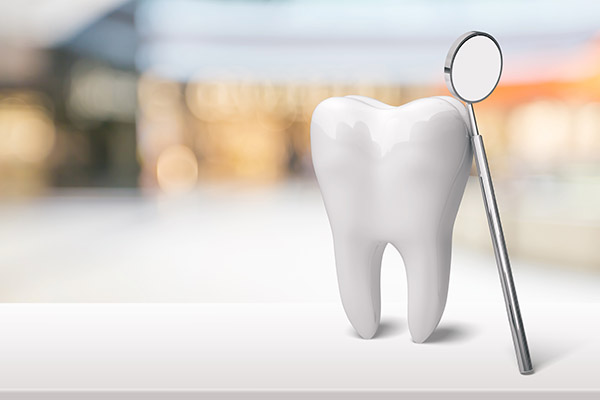 There are many benefits to dental implants, and once healed, implants look and feel much like natural teeth. Despite these benefits, they may not be the right choice for everyone. It is important to speak with a dentist and consider the current condition of your health before going forward with the procedure.
There are many benefits to dental implants, and once healed, implants look and feel much like natural teeth. Despite these benefits, they may not be the right choice for everyone. It is important to speak with a dentist and consider the current condition of your health before going forward with the procedure.
Qualifications for dental implants
Before you can get dental implants you must meet a few qualifications. Firstly, you will need to have good dental hygiene. If you have any oral health conditions, such as gum disease, an implant may not be right for you. You will also need to have a fully mature jaw that is no longer growing and developing. For most people, the jaw is fully mature by their early to mid-twenties.
If you do not meet the above qualifications, you may need to wait until you have solved other health problems in the mouth. If you are too young for the procedure, you should wait until the jaw has finished developing. If you suffer from certain chronic health conditions or if you are a regular smoker, implants may not ever be right for you, and you may need to look into other options.
Dental implants may be the right choice for you even if you are missing multiple teeth. They are also generally a good option to consider for adults of any age, provided the jaw has fully matured.
The implant process
If you think dental implants might be right for you, your dentist can walk you through what will happen during a consultation appointment. During this preliminary appointment, the dentist will also check to make sure your remaining teeth and gums are healthy enough for the procedure. If you have a tooth that has been missing for a long time, the bone in the jaw near the area may no longer be as stable as it once was. A bone graft may be necessary before the implant can be put in.
After the jaw has been deemed healthy and sturdy enough for the procedure, the implant will be placed in the mouth in two steps. The first appointment will involve surgery to attach the small rod that functions as the artificial root of the implant to the jaw bone. After this is done, you will need to wait until the jaw has fully healed and the rod is firmly attached.
The final appointment will involve placing the crown onto the rod. From this point forward, you should have a tooth replacement that functions well and feels almost like a natural tooth.
Conclusion
Missing teeth can cause long-term problems with dental health. While not everyone can get dental implants, for many people they are a good option for a permanent solution to a missing tooth. In order to know for sure whether this is a treatment option that will work for you, it is advisable to speak to your dentist and schedule a consultation appointment.
Conclusion
Missing teeth can cause long-term problems with dental health. While not everyone can get dental implants, for many people they are a good option for a permanent solution to a missing tooth. In order to know for sure whether this is a treatment option that will work for you, it is advisable to speak to your dentist and schedule a consultation appointment.
Request an appointment or call Precision Smiles at 201-204-1355 for an appointment in our Hackensack office.
Recent Posts
Many people in the United States have dental implants, but that does not change the fact that misinformation about the procedure still runs rampant. Check out these myths and facts about them to help you determine if implant surgery is right for you.There are many myths about implants. Learn about the myths and the facts…
For many people, dental implants can be a permanent solution for dealing with lost or damaged teeth. This type of treatment is designed to last a lifetime. Once it is complete and healed, patients can enjoy a more beautiful smile without having to worry about any dietary changes, difficult home care, or unnatural-looking teeth.Dental implants…
Losing a tooth can be uncomfortable in many ways, and dental implants might be the solution you are looking for. When you are missing a tooth, you may not like the look of your mouth, and you may have difficulty chewing. Dentures and bridges are options for you, but if you want a permanent answer,…


